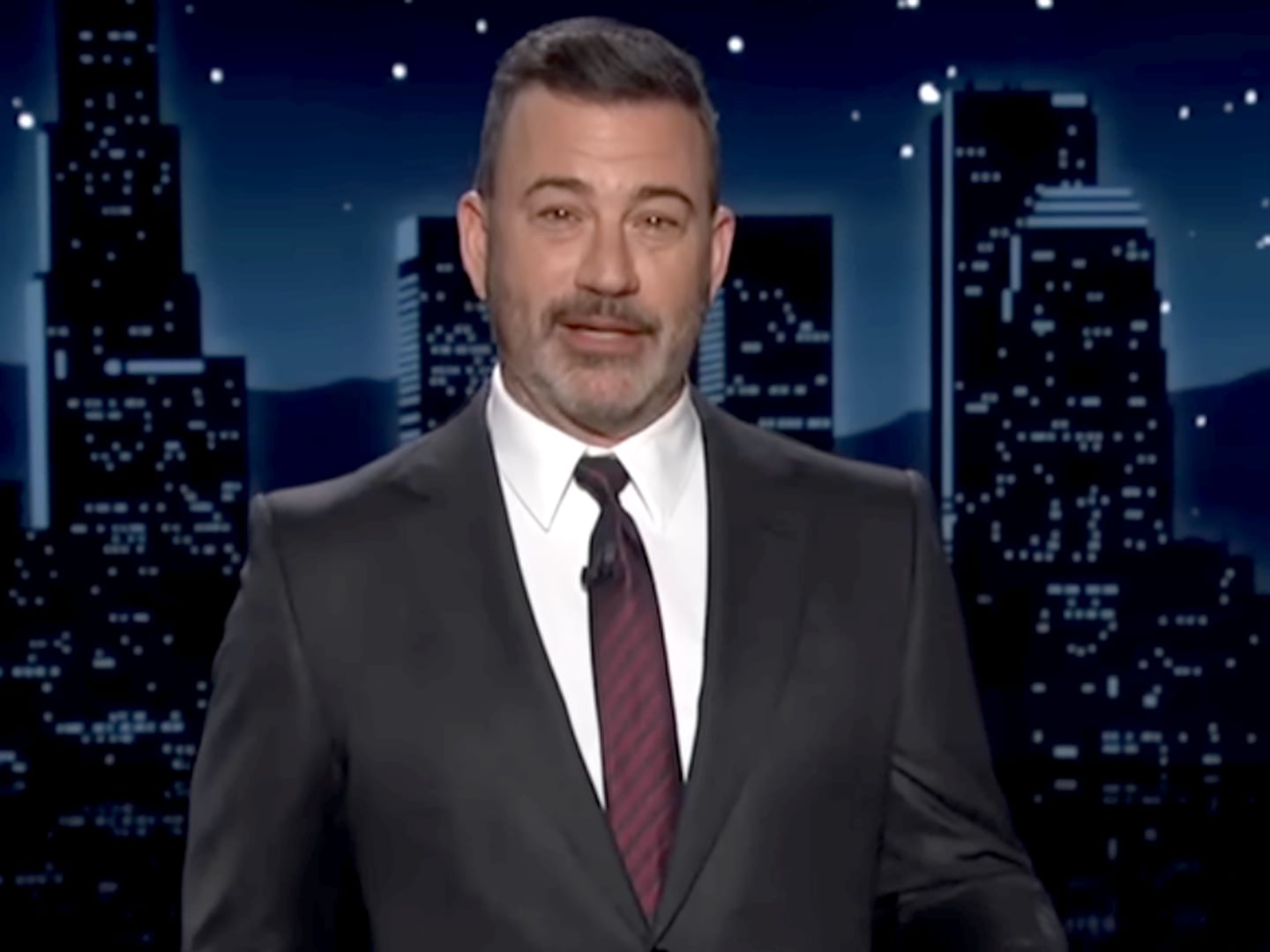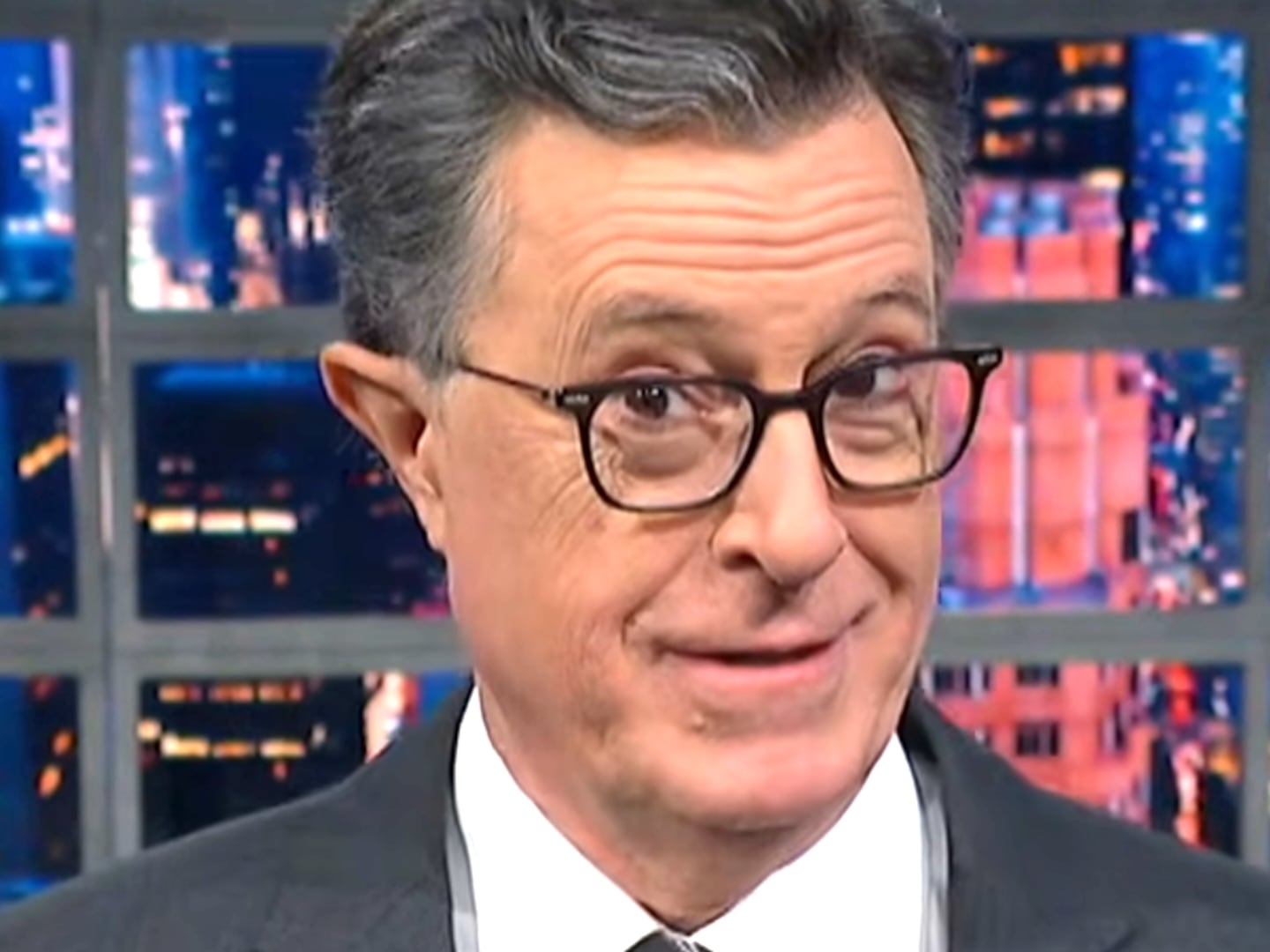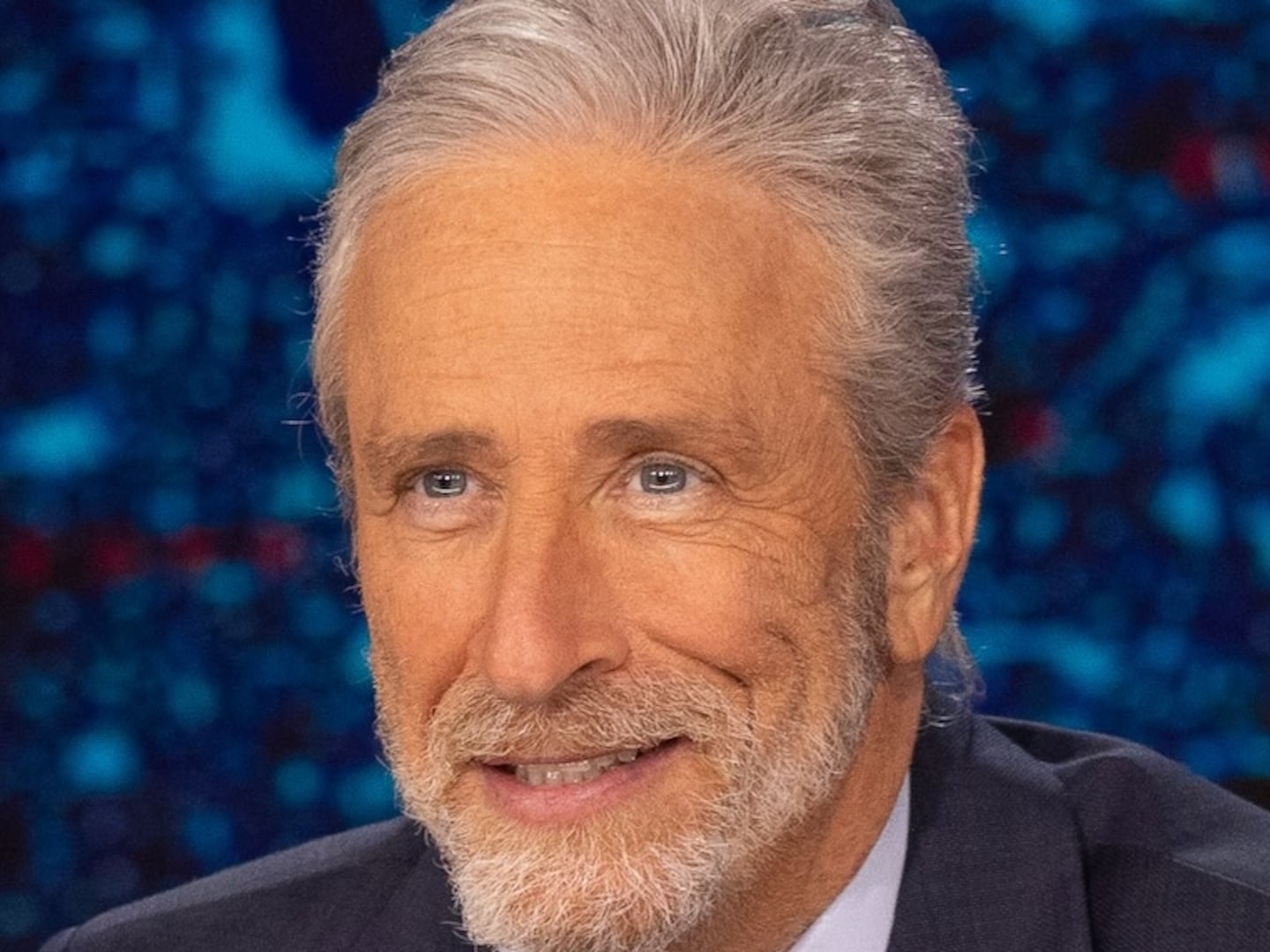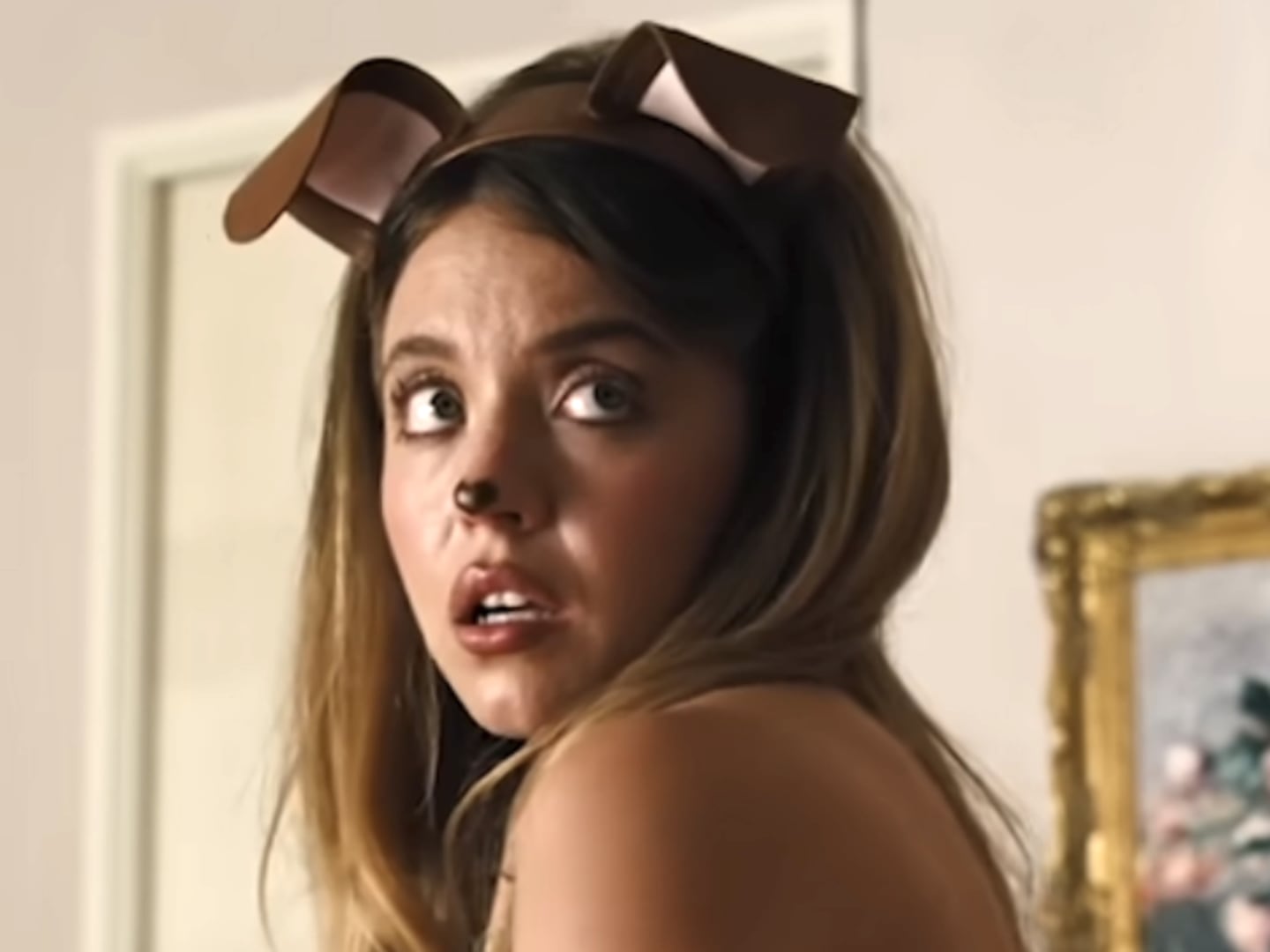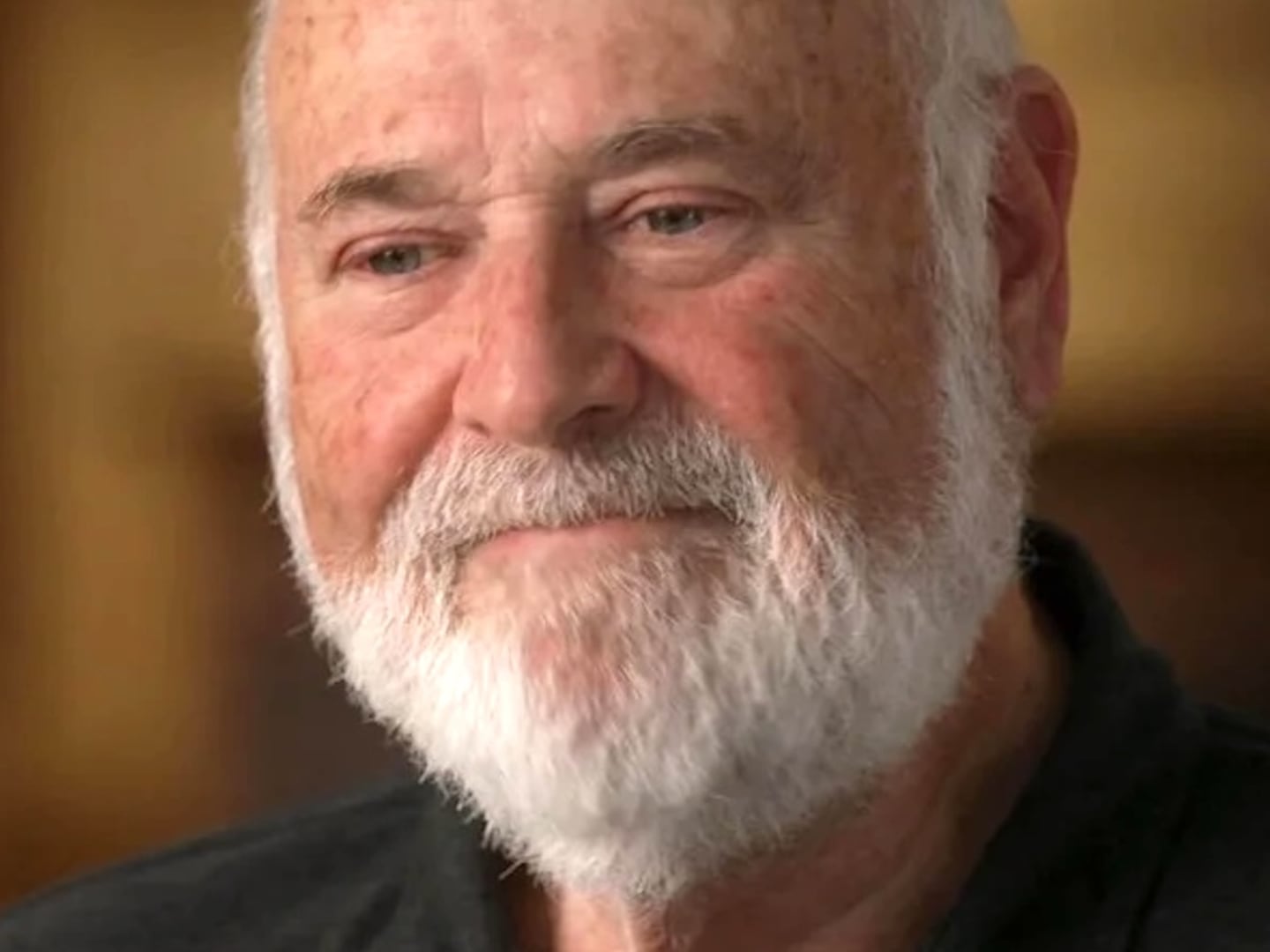Mainstream films are rarely as ambitious as Origin.
Written and directed by Ava DuVernay, it is based on Isabel Wilkerson’s 2020 book Caste: The Origins of Our Discontents, a seminal work that explains how racism in the United States is a product of a caste system rather than color. As part of her argument, Wilkerson compares the experience of people of color in the U.S. to the caste systems of India and Nazi Germany.
Attempting to distill the brilliantly researched Caste to a breezy logline is a preposterous, almost impossible task. It’s a miracle, then, for it to have been adapted into a film that is intoxicatingly illuminating, yet also searingly personal and affecting—as DuVernay and star Aunjanue Ellis-Taylor (a recent Oscar nominee for King Richard) have done with Origin.
Opening in wide release Jan. 19 after an awards-qualifying run last month, the film manages to bring intimacy and immediacy to a globe-trotting, time-jumping story that attempts to answer the biggest question there is when it comes to race in America: “How did we get here?”
Wilkerson is the audience’s shepherd through that story. We follow her as, in the aftermath of Trayvon Martin’s murder, she begins research on her sprawling book. She travels to Germany, where she learns how Nazis researched American Jim Crow laws as inspiration for their “Final Solution.” In India, she attempts to understand the country’s social stratification; the population has the same color skin and yet there is still a dehumanizing, systemic class hierarchy.
In addition to portraying Wilkerson’s journey researching her book and making its seismic discoveries about race, Origin is a journey through a woman’s grief. In the span of 16 months, Wilkerson’s husband, mother, and cousin died—extreme loss taking place during a time of an explosive race reckoning in America. She’s processing personal trauma at the same moment as society reckons with generations of hurt and its impact.
Reviewers have praised the radical nature of Origin’s scope and unapologetic introduction of its storm cloud of ideas for audiences to reckon with. And with its wide release coming in the thick of awards season, pundits lament that the audacious film and Ellis-Taylor’s mesmerizing lead performance have been ignored by major voting bodies.
We spoke with DuVernay and Ellis-Taylor about the complex challenge of turning Caste into a film, why audiences may be hesitant to watch it, and how they’ve been personally moved and changed by telling this story.

Jon Bernthal and Aujanue Ellis-Taylor in Origin.
NeonDoing a film based on Caste must be so daunting. This is not only a brilliant, complicated book, but it’s one that became a defining work of what has been a defining year of my lifetime, 2020. How do you process both as a writer-director and as an actress, to tackle turning something like that into a film?
Duvernay: When you just said a year that we all endured [was] 2020, my mind and my heart went back to that place, because I haven’t heard it put that way. But that is something that this generation and everyone who was alive during that time endured together. It was unprecedented times and unprecedented emotion that I don’t think we’ve really dealt with as a collective. Part of what I think is so transformative about the book Caste and what we’ve tried to extend in Origin is a place to meet to congregate around ideas, feelings, and divisions that bubbled up during that time to a level that had before been somewhat suppressed. They were there, but not talked about on the nose [as specifically] as they were afterward.
It brought all of it into the light.
DuVernay: A bit of a Band-Aid was peeled off of a wound during that time, yet we did nothing to really attend to it. So I think the book provided a space for that contending with what was going on. And hopefully the film invites people into that space as well, just to talk about it. Think about it. Wrestle with it. When I say “it,” I mean all of our divisions, all of the ways in which we go to our own corners. We stay there and we point fingers at one another, instead of holding hands.
Ellis-Tayor: When I became a part of the film, it was a film. So at that point, it was a narrative piece, and my job was just to play this role and honor the person of Ms. Wilkerson the best that I could—not necessarily her scholarship, not necessarily her arguments. I had to portray them. I had to convey them. I had to be believable saying them in front of people on film. But I was in a story that Ava had chosen to tell in a way that centered Ms. Wilkerson as our hero. So I had a different kind of job. She had essentially done all the heavy lifting.
You know how when Oprah does an interview, and she’s listening, and she’s constantly saying, “Mhmm… Mhmm… Aha… Light-bulb moment”? That’s what it felt like to watch this for me.
DuVernay: So you’re talking back to the screen, Kevin? [Laughs]
Absolutely. You’re both artists who put this film into the world, but you’re also humans. As humans, is there a line or a moment from the film that resonated the most with you?
Ellis-Taylor: There were a couple places. There’s a line, a passage of dialogue, as I’m hearing from people and how they are digesting it, now it’s become a favorite—the scene in Germany, when Isabel is at the dinner table.
When Isabel’s German friends quote the number of people who died in the Holocaust and compared that to how many Black people died because of slavery in the U.S.?
Ellis-Taylor: These were words that Ava wrote. Isabel says “there is no number” when you think about the [lives lost during the] Middle Passage, when you think about what happened during and post-Jim Crow and segregation. Those numbers continue to grow as Black Americans exist in this country. That number increases and increases. There is no number. It’s numberless. The idea of a number is absurd at this point. That hit me. It was a profound moment saying it, and it still stays with me.
Was there another moment that stuck with you?
Ellis-Taylor: I’ve been talking to Black men, particularly, after they’ve seen the film, and they say that the moment when Isabel says to [pioneering artist and educator] Al Bright, “You’re going to be fine” [resonated with them]. One of my family members, who is a Black man, said that he heard that as something that was comforting. The idea of being a Black man in America and someone saying to him, “You’re going to be fine”—no one has ever said that. He saw himself as Al Bright, and that no one has ever said that to him. So those [stuck out to me] in two places: actually performing it and now that the film’s out in the world.
DuVernay: Beautiful. For me, it’s a moment that I didn’t even really see on set as I was shooting. There was a lot going on that day. We were in India, in New Delhi specifically. With the magic of movie props, we created a trench that is supposed to look like excrement, human excrement. In it, we asked real men who actually do the job of manual scavenging—I don’t want to say “do the job;” they hold the position in society as manual scavengers—to show us their process in cleaning these trenches.

Aujanue Ellis-Taylor in Origin.
NeonThere are a lot of people who are going to be shocked when they learn about that practice.
DuVernay: This is a practice that is going on to this day and has for generations in India, for the Dalit people, people who are lowest of the low in that society, the bottom of the bottom caste. In that scene, there’s a moment where one man who is performing the cleaning wipes the face of another man. It broke my heart wide open in ways that eventually, you know, I feel led us to a place of hope. There’s hope in that act. So that’s my favorite part.
Because the film tackles issues that people might find difficult or even upsetting to face, do you think they may be scared to watch it? In trying to promote the film and get people’s attention, have you encountered that at all?
DuVernay: Not scared. I think there’s fatigue. I think people are exhausted. I think we see it on the news and we feel the divisions. So do you want to go watch a film about it? Maybe not. What I invite people to do is say that you’re going to take things from this film that arm you and allow you to better deal with what is really happening in the world. What you see on the news, it becomes difficult to process that, because we don’t have a real framework to organize our thoughts. So as we’re in the midst of an election year, it’s going to be really hard to escape the onslaught of misinformation, of trying to figure out how you feel forming your opinion.
Among other things, the film can be a tool.
DuVernay: I think this film, through an intellectual adventure of a woman on a journey to uncover the mystery about the social phenomenon—there’s romance, there’s human connection in it, and there’s beauty in it. I think it better equips us to have a sacred space and a movie theater, to start to gather information, to gather our strength for the coming years, especially in an election year. So that’s my hope. I think people honestly may have difficulty reconciling, “Why would I see a film that might be harder to watch?” But I would submit that it’s not harder to watch it. It is a film for the curious. It’s a film for the people who are interested in gaining knowledge. In the midst of it, you experience a beautiful journey of a woman on a mission.

Aunjanue Ellis-Taylor and Ava DuVernay.
JC Olivera/Getty ImagesIsabel goes through so much hardship and trauma as she’s working on her book, Caste, but there’s a beauty and humanity to how she handles it that is cathartic to watch as a viewer. Anjanue, what did it feel like to play her and be the vessel for that?
Ellis-Taylor: We had a panel talkback with Regina King. One of the many beautiful things that Regina asked Ava was, “How did you know that grief was the entry place into this world? That grief would be the connectivity that would bind us in the experience of this film?” I think that’s my shared space as well, that grief. No matter what, we all find ourselves on the mourners bench. No matter where we are, what station we are in life, who we are, no matter where we’re from: that is the great common thing that unites us, whether we like it or not. You don’t have a choice in it, because death is a fact of life. And I think we all are grieving.
It’s a universal experience.
Ellis-Taylor: We’re having this Earth grief at this moment because everybody on this planet went through COVID. We didn’t just lose people. We lost a way of life. We are all in this moment of grief. That was something that I could just naturally bring playing this role. Ms. Wilkerson lost three of the most important people in her life in a span of 16 months. Then she wrote this book. The way that I saw it, and the way that I was able to energize that and purpose that, was that I saw it as a love letter to those people that I lost. I saw it as a love letter to the people in the Middle Passage. I saw it as a love letter to the people in the Holocaust. I saw it as a love letter to all of these people that we are grieving and that we need to hold up and lift. It gave me a reason to do my job.


